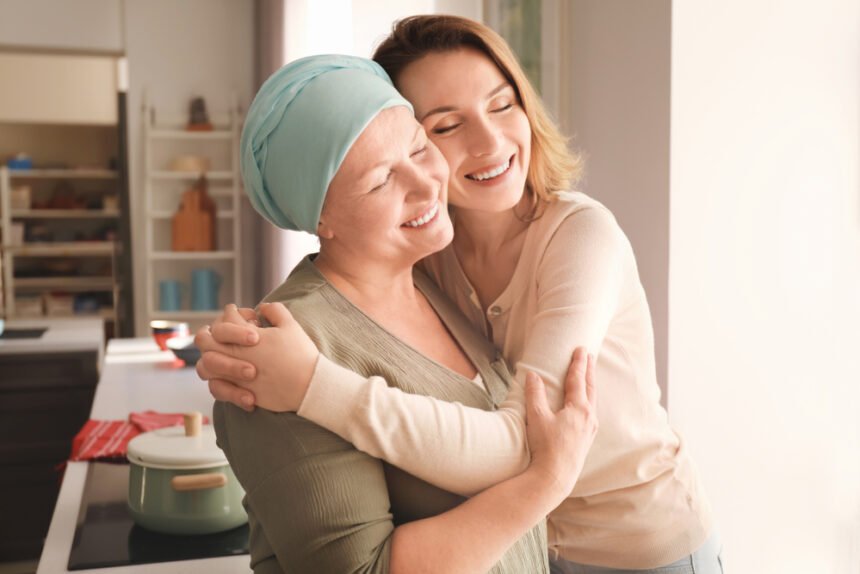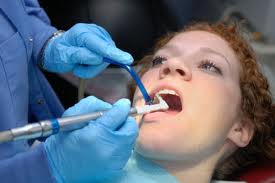Cancer supportive care is often used interchangeably with palliative care because their similarities outweigh their distinctions. Tremendous advances in early and advanced-stage cancer detection mean people live with symptoms longer, but supportive and palliative care exists as a way to promote patient well-being, despite the confusing terminology used.
What is Cancer Supportive Care?
Clinical trials are becoming a lot more important with providing cancer treatments. They have also played an important role in cancer supportive care.
Cancer supportive care is the process of preventing and managing the adverse effects related to treatment and the disease itself. When a doctor uses supportive care measures, they are attempting to manage psychological symptoms, physical symptoms, and side-effects from chemotherapy and other drugs. If done correctly, intervention can decrease the risk of developing cancer a second time and improves the possibility of survival and rehabilitation.
To clear up a common cancer misconception: supportive care doesn’t mean end-of-life care. Doctors will work actively with cancer patients through lifestyle changes and medical intervention to improve their quality of life in the here and now. Supportive care is active during cancer therapy.
How Palliative Care and Supportive Care Differ
Palliative care and supportive care are similar in that they relieve the adverse effects of serious illnesses, but palliative care seeks to improve the quality of life for the patient and family. Palliative care isn’t specific to cancer, can be administered at any time, and appropriate for anyone receiving life-prolonging therapies through an inpatient or outpatient setting.
How Cancer Supportive Care Helps Cancer Patients
The 1960-1970 Supportive Care Movement
Metastatic cancer was first cured in the 1950s when methotrexate was used to treat damaged cells called tumors. At the time, the lasting effects of chemotherapy weren’t well known, and it wasn’t easy to determine how much of the drug was necessary to destroy cancerous cells. Cancer patients were terrified by the effects of the treatment, and many declined it. Many people died of cancer due to their fears of these treatments.
As a response, the supportive care movement was created to minimize treatment toxicities. A guideline was developed that addressed side effects like antiemetics, neutropenia, mucositis, and more. This guide is essential for easing the pain and fear associated with chemotherapy, and as treatment continues to evolve, more alternative and commentary medicine techniques emerge.
Examples of Supportive Care Therapies
Adding supportive care to your cancer treatment can benefit you in many ways but can’t replace chemotherapy. Consult your doctor if you want to suspend or change treatment.
Cancer Rehabilitation
There are multiple side effects related to cancer treatment and the disease itself. Some can be minimized through physical, occupational, or speech therapy, but it’s better to use these interventions before concluding treatment. Light exercise and messages can reduce the length of hospitalization, infections, and damage in areas near the cancerous tumor.
Behavioral Therapies
Depression and anxiety are common mental health issues that can develop during treatment. Patients will experience emotions that will be difficult to handle without a psychiatrist, therapist, or support group. Doctors will work with patients to help them achieve restful sleep, relaxation, and lifestyle changes that will ease the stress associated with fighting cancer.
Nutritional Support
Studies show that certain foods are more likely to create cancer in the body than others. For example, high cholesterol diets will multiply cancer cells more than 100-fold. Your doctor will likely advise you to avoid fatty foods, most meats, and sometimes dairy. Malnutrition is another hurdle to climb since patients can lose up to 50 pounds without nutritional support.
Spiritual Advice
Religious patients may go through a crisis of faith or have questions about their position in the universe after the diagnosis. Plenty of non-religious folks turn to god during this time to receive support from a community or another being. A doctor may give the option to seek out worship services or eastern religious practices, like meditation, as a way to cope.
Naturopathic Medicine
Naturopathic medicine uses a more “natural approach” to promote wellness. For example, herbs and supplements can be useful for cancer patients who are suffering from side effects like nausea or restless sleep. Replacing chemotherapy for natural remedies is dangerous, and some supplements could interfere with your care. Ask your doctor before seeing a naturopath.
Pain Management
Unfortunately, cancer treatment is painful due to surgery, tumors, poor blood circulation, and weakening white blood cell count. Radiation and chemotherapy may also be painful, so doctors will ease patient discomfort by prescribing pain medication. Some therapies can help manage pain through exercise and strength training as long as they don’t strain themselves.
How to Receive Supportive Care
It’s becoming easier for cancer patients to gain access to supportive care. Ask a receptionist, nurse, or doctor in a cancer hospital or designated wing to provide supportive care or to direct you to someone who can. Sometimes supportive care is located in more than one place in the hospital, so it’s vital to search for the right group that can help you or your family.
If your hospital doesn’t provide supportive care, you may need to research another location in your area or find a support group online. If there’s a specific symptom that’s bothering you, like joint pain or weight loss, discuss with your doctor ways that a supportive care measure can help. Doctors can supplement supportive care by counseling or providing the proper diet or exercises you need to improve your quality of life.









